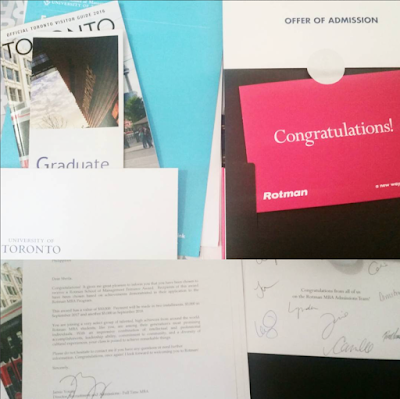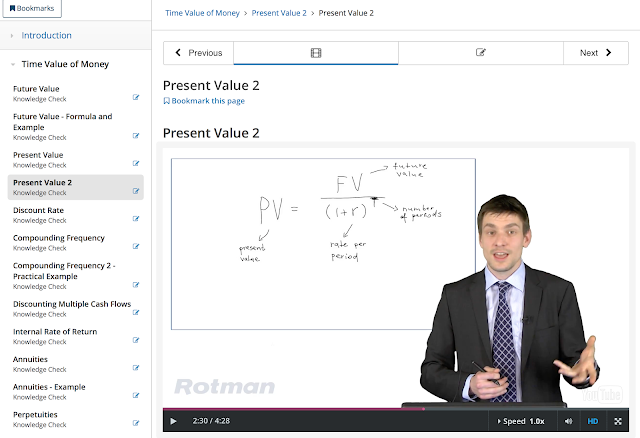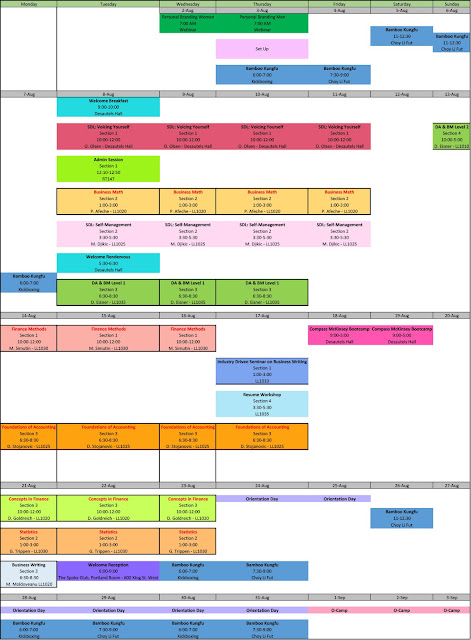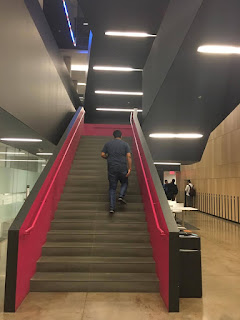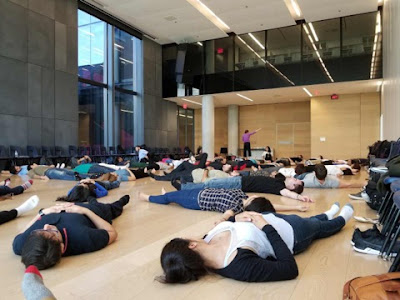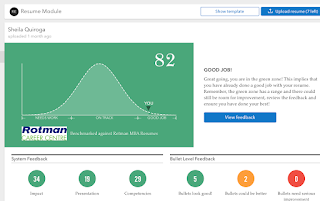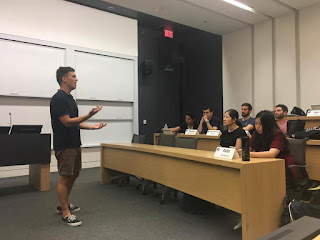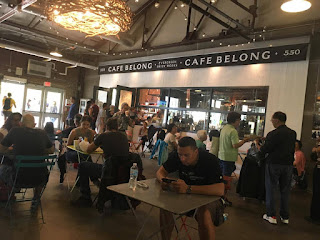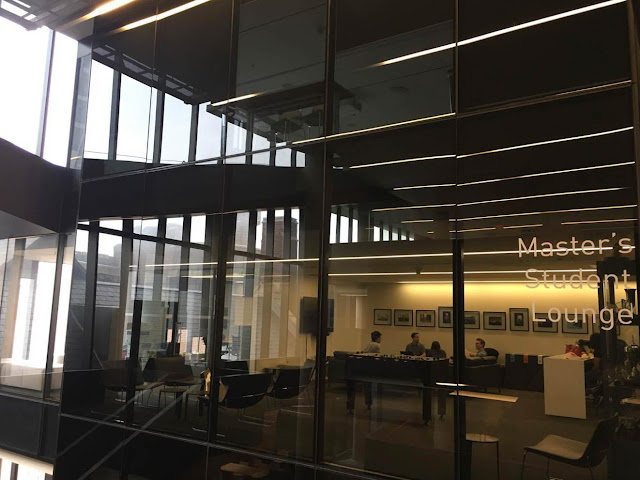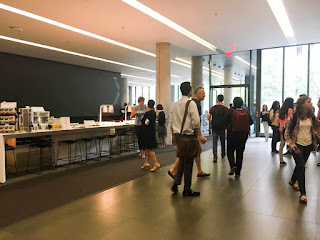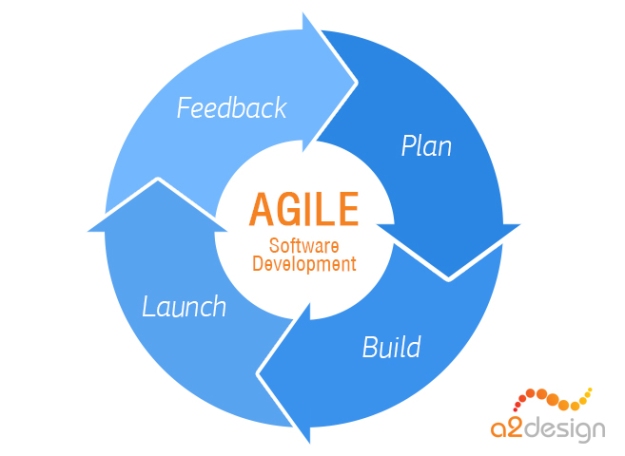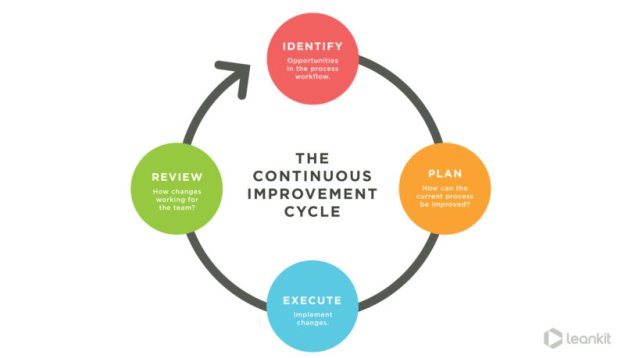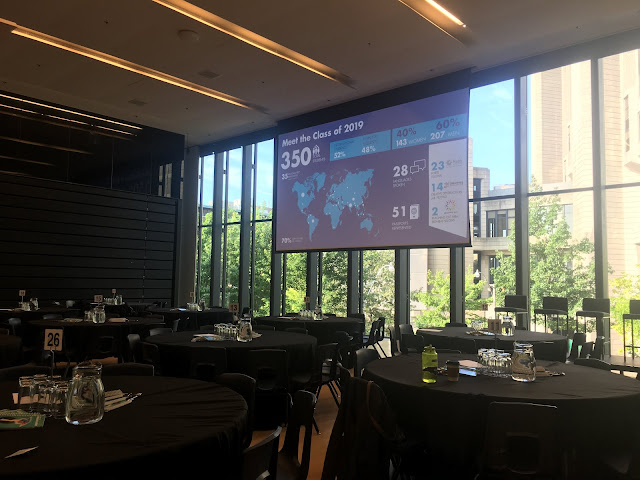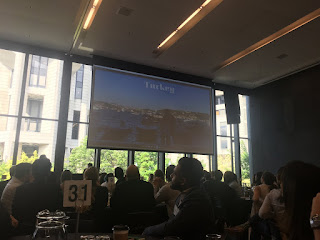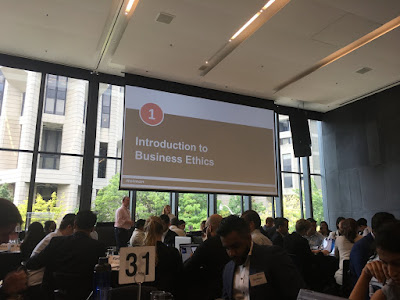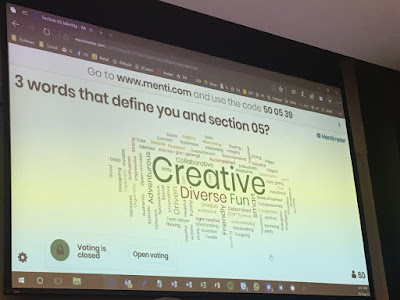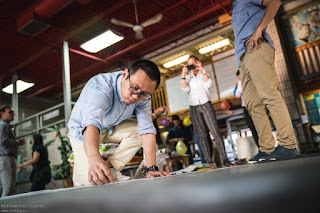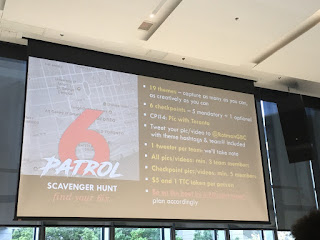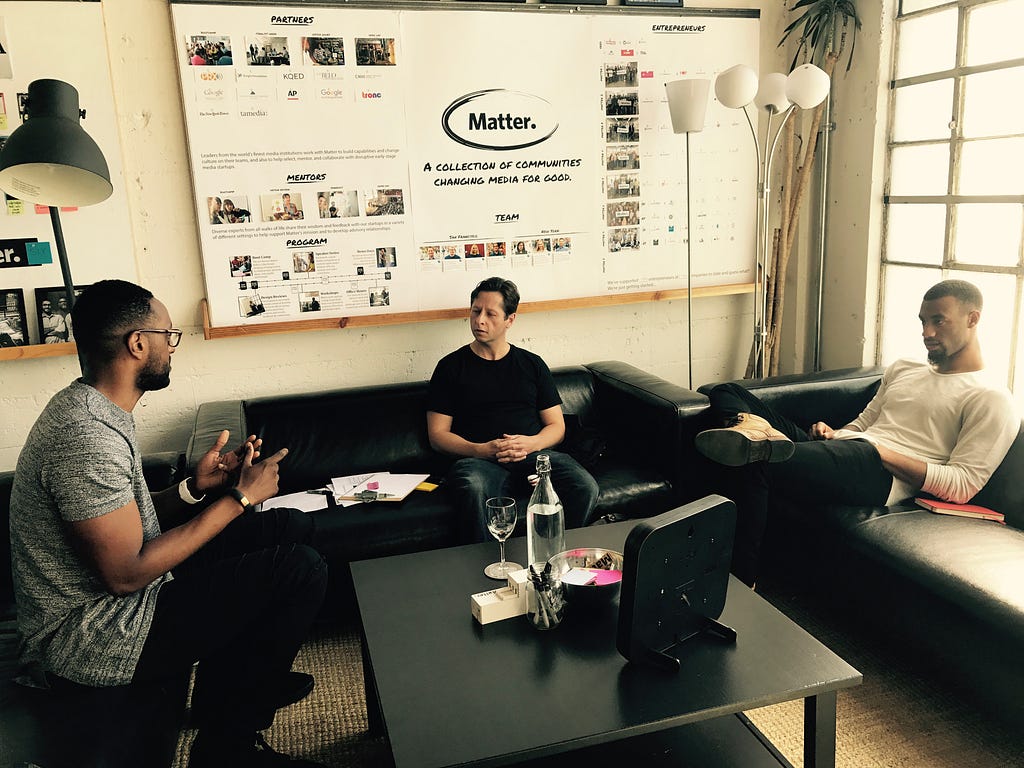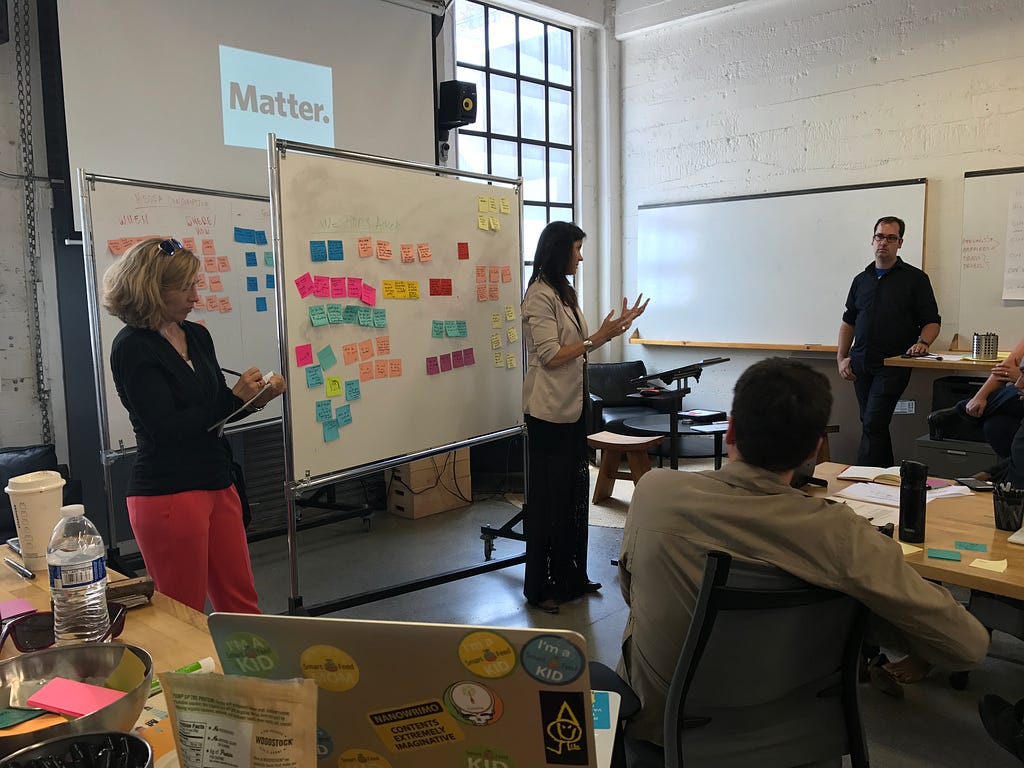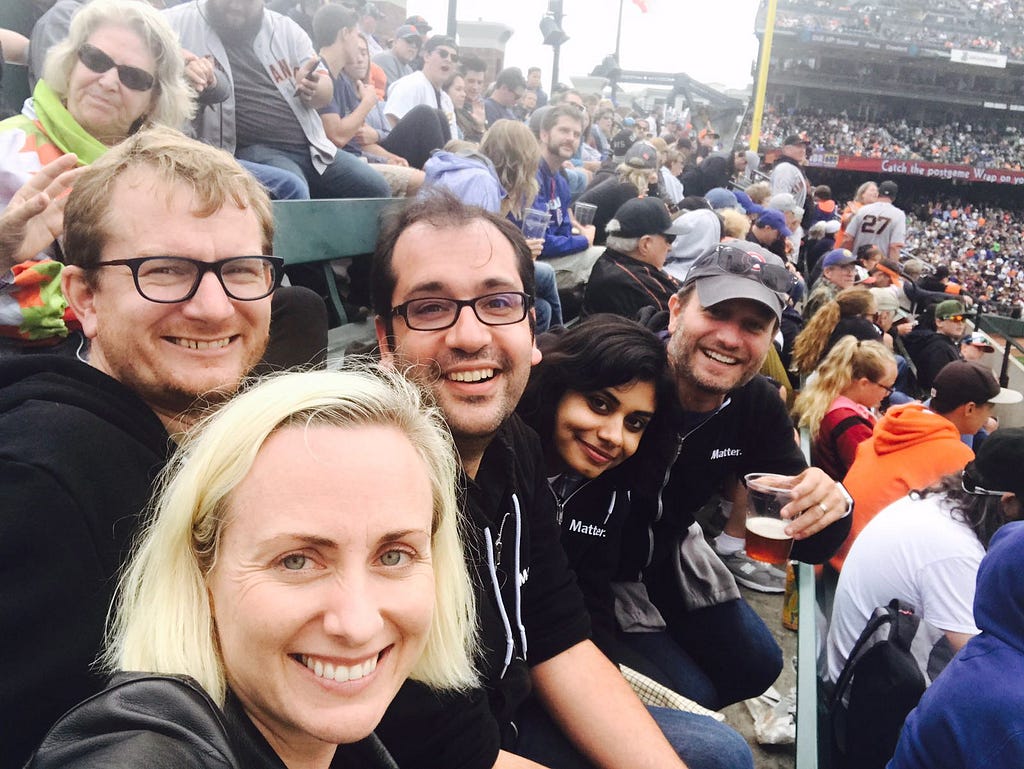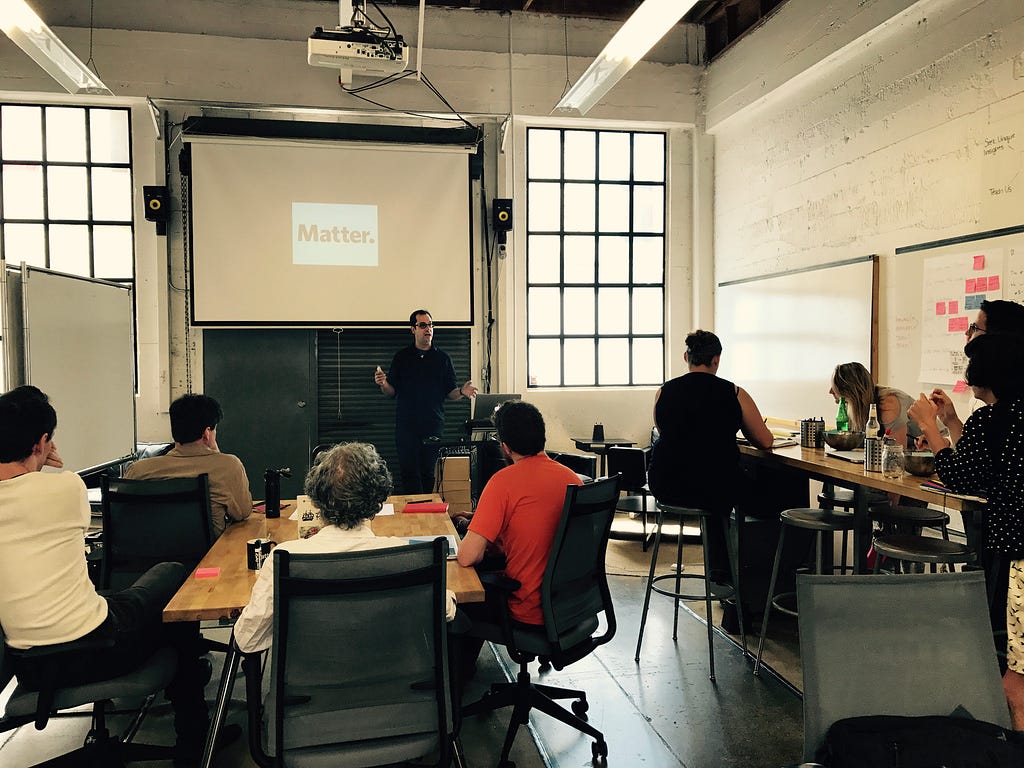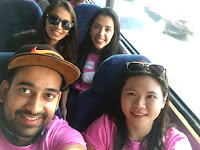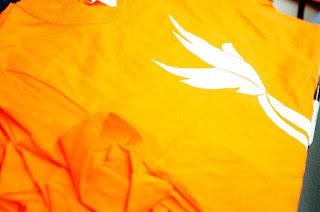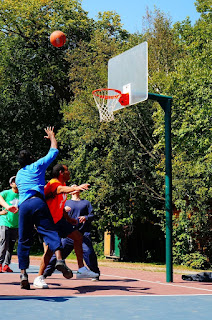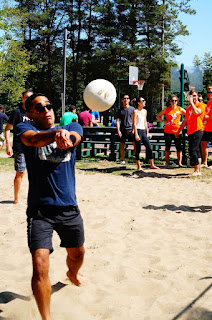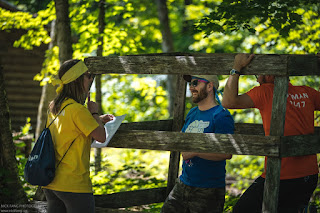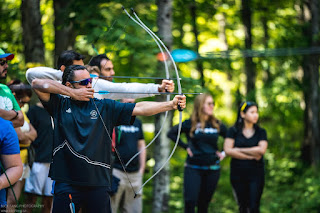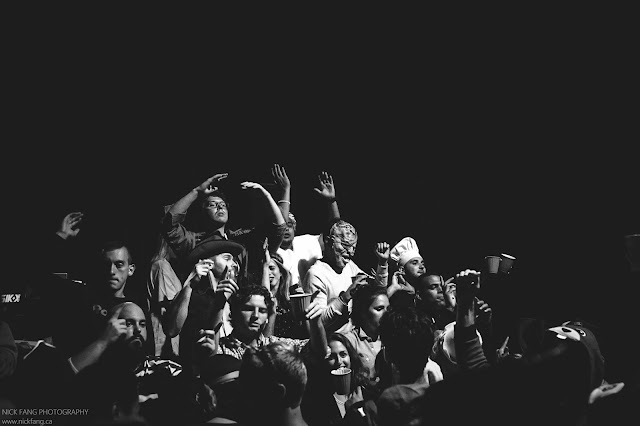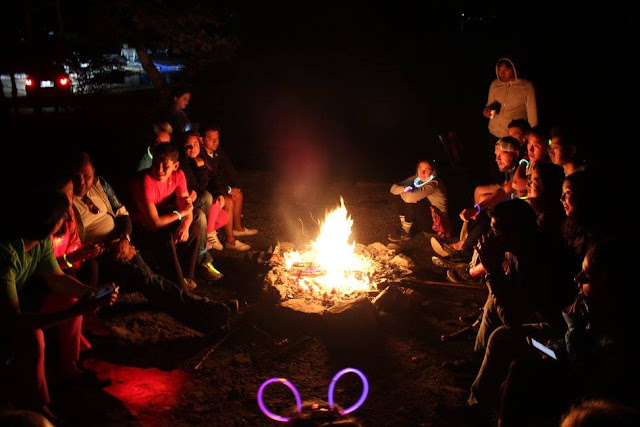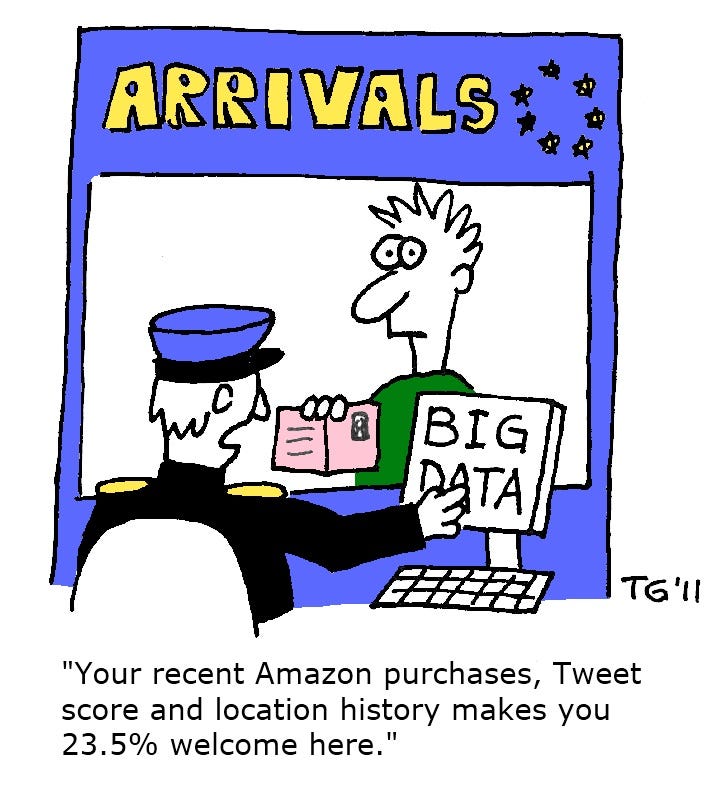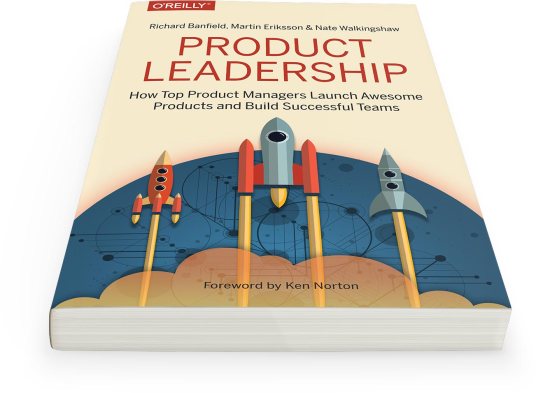Events & Promotions
|
|

GMAT Club Daily Prep
Thank you for using the timer - this advanced tool can estimate your performance and suggest more practice questions. We have subscribed you to Daily Prep Questions via email.
Customized
for You
Track
Your Progress
Practice
Pays
Not interested in getting valuable practice questions and articles delivered to your email? No problem, unsubscribe here.
- Nov 20
07:30 AM PST
-08:30 AM PST
Learn what truly sets the UC Riverside MBA apart and how it helps in your professional growth
Whiplasher
Kudos
Bookmarks
| FROM The Oxford Comma: What Every Body is Saying by Joe Navarro |
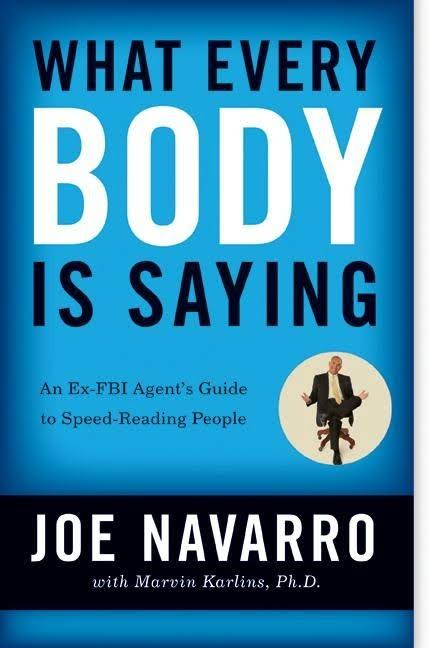 Joe Navarro is an ex FBI agent who was a founding member of the FBI’s Behavioural Analysis Program. He was a body language expert who he used his ability to successfully identify suspects who were lying or attempting to conceal their involvement in any wrongdoing. In this book he draws from his years of experience to list the various ‘tells’ that different part of the human body exhibit and why they do so. I enjoyed the ‘why’ much more than the ‘what’ and therefore my summary is all about the ‘why’ but I think it’s worth a quick read if you are interested in understanding non verbal behaviour. Why ‘Tells’ Exist: When our ancestors encountered danger they were typically a few standard responses. Most of us are familiar with the first two – flight or fight. The third response – freeze is unfamiliar but actually the most common response to perceived danger. The modern incarnations of these responses and ‘pacifying’ behaviours that accompany them are the reason that these tells exist. Freezing is a mechanism that our ancestors deployed to make themselves less visible to perceived predators. Today we use it when we make ourselves small or perhaps unnoticed when we feel uncomfortable or threatened. The reverse is true, we make ourselves large to show dominance. Flight is another way to escape danger. While today, we cannot run away when uncomfortable, we try to cope by blocking behaviours such as looking away, closing our eyes, placing barriers between ourselves or leaning away from people. The feet are excellent indicators here – feet pointed towards exits or preparing to leave are clear signs that the person wants to end a conversation. Fight is the final option when facing a threat. Thankfully, it’s becoming quite rare and people tend to restrain or limit themselves. Pacifying behaviours are those that people deploy to calm themselves when they are agitated. Common pacifying behaviours include massaging the neck or touching their face. Since these behaviours are employed when a person is agitated, they provide valuable clues about their state of mind. |
This Blog post was imported into the forum automatically. We hope you found it helpful. Please use the Kudos button if you did, or please PM/DM me if you found it disruptive and I will take care of it.
-BB
Whiplasher
Kudos
Bookmarks
| FROM The Oxford Comma: Emotional Design by Don Norman |
 I’m a big fan of “The Design of Everyday Things” by Don Norman so I picked up the sequel. When the author wrote DOET, he was was frustrated about the lack of importance given to behavioural or functional aspects of design. Therefore, that book is entirely composed of functional design critiques and advice. However, he received criticisms that he ignored the other aspects of design that he then addressed in this book. There are three aspects of design – visceral, behavioural, and reflective. Visceral is how a product looks, behavioural is about usability, and reflective is how it makes you feel.  Take the teapot above for example. The author notes that he loves it, even though it’s hard to use. The unique look (visceral) and satisfaction (reflective) that it gives him more than make up for its behavioural deficiencies. Reflective: It’s the third component of design that the book spends most of its time on. Norman uses the example of souvenirs to highlight the role that emotions play in our attitude towards products. For e.g. souvenirs that look cheap and have little utility value are loved as they are usually associated with fond memories. Humans have an intrinsic need to create a sense of identity. They often purchase products that reflect their identity. This is reflected in the demand for branded goods that are often similar to cheaper generic versions. Brands exploit this by attaching emotions to their brands through advertising. Hence a brand such as Rolex will associate itself with top athletes to signal high class and success.  Prior to reading this book, I had been puzzled by some of the design decisions made by Apple. For example, the mouse pictured above is usually panned for the fact that the side buttons are in fact not buttons but for design alone. After reading this book, I understood that the designers made a conscious decision to sacrifice functionality to appeal to the visceral and reflective aspects of the buyers. They went too far in my opinion, but I now understand why. Overall, the first few chapters were interesting, but the second half of the book that goes deep into the role of emotion bored me and I skimmed over most of it. It’s not a must read in my opinion. |
This Blog post was imported into the forum automatically. We hope you found it helpful. Please use the Kudos button if you did, or please PM/DM me if you found it disruptive and I will take care of it.
-BB
sheiquiroga
Joined: 29 Jun 2016
Last visit: 06 Jan 2021
Posts: 103
Given Kudos: 16
Location: Philippines
Schools: Mendoza '19 (A$) Rotman '19 (A$)
GMAT 1: 660 Q47 V34

GPA: 3.46
Kudos
Bookmarks
| FROM Sheiquiroga: Before, During, and After I Land in Toronto |
|
Today's topic is about my plans on what I'll do to get equipped with Toronto life. Before I fly to Toronto, I have to make sure to do the following: 1. Print a detailed list of all the goods I'm bringing with me. We need to include the brand, item, qty and estimated price of each product. Tip: Use Excel for easier computation. 2. Prepare a hardcopy of contact list with Canadian address and other important info. 3. Bring a book or an e-reader, powerbank, and earphones to keep me sane during the flight. Don't forget to download series or movies beforehand! 4. Be sure to check all the travel documents. Put all the important ones for the border security in a separate folder: proof of funds, proof of housing, proof of mandatory work for internship, proof of my study, admissions letter etc. Arrival at the Pearson Airport 1. Be sure to not look nervous and suspicious in front of the officers. Act natural. 2. Answer Customs Form, Declaration Card and E677. Be sure to declare money if traveling for more than $10,000 CAD. There will be no taxes unless you fail to declare them, in which they will seize ALL your money and you have to pay them to get it back. https://www.cbsa-asfc.gc.ca/publications ... html 3. Don't exchange money at the airport. Some upper years warned us that the airport's exchange rate is around 5-10% higher than the actual market rate compared to banks' 2.5% exchange rate. 4. Get a student and work permit 5. Get SIN at the airport. 6. Travel via Uber using my home country's credit card. [Because I didn't change my money!] Arrival in Downtown Toronto 1. Get keys from Campus Coop. 2. [UofT Students] Get documents from SGS office with letter of acceptance, student permit, and passport. 3. [UofT Students] Get T-Card from school at Koffler Centre (214 College St.) 1st Floor behind Second Cup. 4. Deposit money in bank. Apply for a credit card. 5. [UofT Students] Set-up Laptop with UofT's IT department. 6. [UofT Students] Purchase a meal plan. https://ueat.utoronto.ca/meal-plans (You'll get useful vouchers too!) https://www.theexchangecafe.ca/ 7. Get an Ontario Photo Card, a useful government issued ID for official identification. https://www.ontario.ca/serviceontario 8. Buy a TTC card. 9. Buy a phone plan at Fido. 10. Buy a Zero water filter jug. 11. Buy home-related/everyday materials. 12. Buy books and a printer. 13. Buy groceries at No Frills -- one of the most affordable places to buy grocery items. 14. Register for Wushu (my personal sports) at Bamboo. Places to Shop A. Books 1. Campus Book Rental - Rent your textbooks! https://www.campusbookrentals.com 2. UofT Bookstore - https://uoftbookstore.com/textbooks/ B. Clothes: 1. Artizia 2. Wait for Cyber Monday in November for great discounts 3. Winners C. Everyday materials: 1. Amazon - They deliver the next day! 2. China Town Dollar Mart 3. Dollarama 4. Get an SPC card for discounts: https://www.spccard.ca/deals 5. Honest Ed's 6. Ikea 7. Metro - 10% student discounts during Tuesdays and Wednesdays D. Gadgets 1. Wait for Black Friday! https://shopbot.blackfriday/when-is-blac ... 017-canada Black Friday Upcoming Dates: November 24, 2017 November 23, 2018 November 29, 2019 November 27, 2020  Store Traffic During Black Friday Store Traffic During Black FridayPhoto from: https://shopbot.blackfriday/when-is-black-friday-2017-canada Note: Many retailers start earlier! Line up as early as 5AM! E. Groceries: 1. Bulk Barn - 10% student discounts during Wednesdays 2. Chinatown - One of the Cheapest 3. Costco - You need a membership card and a car! 4. Gofresh - One of the Cheapest 5. Kensington Market 6. Loblaws - For premium shoppers 7. Lucky Moose Food Mart - For low carb alternatives 8. NoFrills - One of the Cheapest 9. St. Lawrence Market - Fresh but expensive Tips to Keep in Mind 1. Check out this site for free stuff! https://www.freestufffinder.ca 2. Don't bother to bring any kind of food to be sure. But if you do, be sure to DECLARE EVERYTHING. If not, you will surely face charges if the officer find some! Don't bother bringing any kind of meat, milk, and plant-based food. They will just get thrown into the international garbage. https://www.inspection.gc.ca/food/inform ... 9648516990 3. For restaurants, be sure to tip 15% before taxes and 13% tax. Again, the menu prices doesn't include taxes yet. 4. Grocery prices should be computed Price x 1.13, which means taxes are not yet included in tag prices. 5. No need to buy excessively thick comforters if your room has a heater. 6. Watch a lot of Border Security Videos so you know what to expect and you don't appear like a criminal bringing prohibited items with you: https://www.youtube.com/watch?v=HmR6Yxz9HB4 |
This Blog post was imported into the forum automatically. We hope you found it helpful. Please use the Kudos button if you did, or please PM/DM me if you found it disruptive and I will take care of it.
-BB



